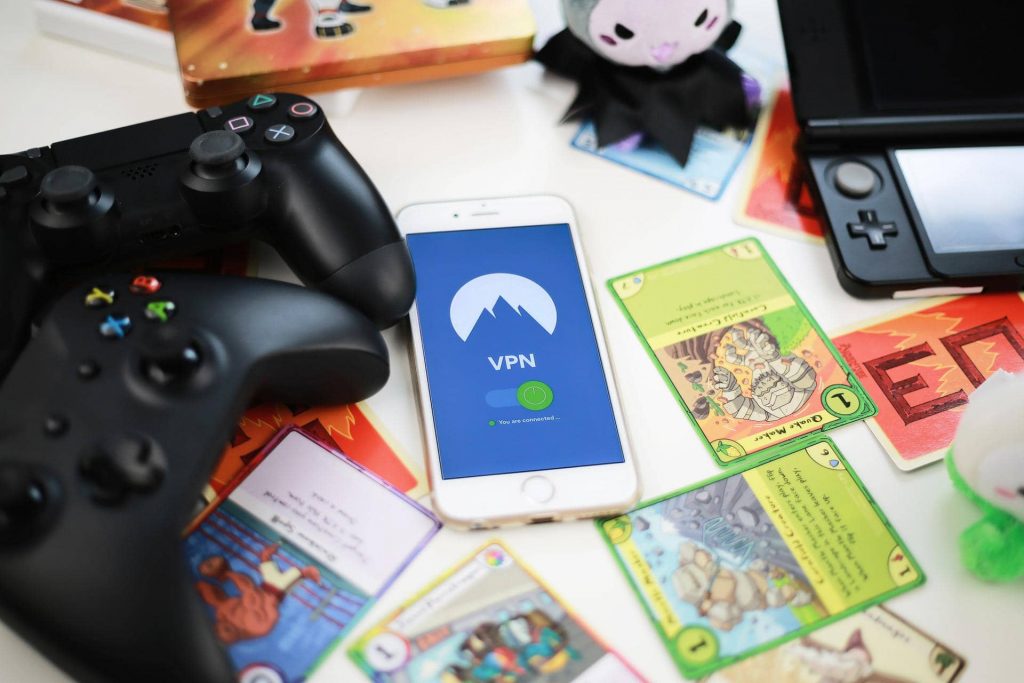VPNs can provide a secure and private connection while playing games online. Some of these can also help lower your ping, as certain VPNs send data packets through a more direct route than your ISP’s regular connection.
While there are many VPN options, separating the marketing gimmicks from actual functionality is hard. Many of these services make bold claims but tend to fall flat instead. Here are five tips to help you choose a VPN for gaming so you don’t waste money on a useless service.
1. Look Out for Latency
Ping is the signal sent from the game servers to your computer, and latency is the time it takes for that ping to travel between them. A laggy experience can ruin your online gaming experience, so you want to look out for latency.

When choosing a VPN for gaming, look for one with a track record of providing low-latency connections. This can make the difference between winning and losing a game.
2. Strong Encryption
Strong encryption is essential when choosing a VPN for gaming. Most VPNs provide 256-bit encryption to protect your data from hackers and cybercriminals.
As a gamer, you may think you don’t need all the fancy privacy features VPNs offer. However, data breaches in gaming are more common than you may think. It makes sense for hackers to target login credentials on gaming sites, considering how many players spend money on microtransactions.
3. Wide Server Coverage
Having a wide range of servers to choose from allows you to connect to the one with the lowest ping, reducing lag and ensuring a frustration-free experience. A VPN that offers servers in multiple locations will also allow you to bypass geo-restrictions and access games and servers worldwide.
Certain VPNs also provide a virtual LAN feature. This is a safe way of connecting with your friends across the globe. Some of your friends may not be able to join the same servers as you, but a VPN with a virtual LAN feature will allow them to do so.

4. Bandwidth Throttling
Most people don’t know what bandwidth throttling is, so here’s a summary: Your ISP can slow down your internet connection to lower the amount of bandwidth used. If you’ve noticed that your internet is usually faster during the night, that’s because there’s more bandwidth available since most people are offline.
As we mentioned in the introduction, certain VPNs can directly send data packets through a direct route. Since you are separated (in a sense) from your ISP’s main route, you won’t be subjected to the same amount of bandwidth throttling. Look for a VPN that highlights this feature.
5. No-log Policy
Choose a VPN provider with a strict no-log policy to ensure that your gaming activities remain private and anonymous. A no-log policy means that the VPN provider does not keep any records of your internet activity, making it harder for anyone to track your online activity.
Protect Yourself While Playing Multiplayer Games
As online gaming relies on microtransactions, user data, and tracking activity, it is vital to ensure you are protected. However, while a VPN can provide you with a reliable private connection, you must look for certain things.
Apart from the five tips we mentioned above, you’ll also want to keep pricing in mind. These days, these services charge you a subscription fee, and the popular ones are expensive. The best way to avoid wasting money is to research a specific VPN before pulling the trigger.
